When climate change rears its ugly head it makes new neighbours out of species that really shouldn’t be sharing pace with
We know climate change is having many impacts on the world from increased global average temperatures, warming oceans, rising sea levels, and an increase in the frequency and intensity of extreme weather events. But it’s also creating new neighbours. That’s right – some species are responding to the changing conditions by shifting their ranges and coming in contact with species they wouldn’t normally meet. While this can be beneficial for some species, it can be harmful for others. Let’s take a look at some new animal pairings and see who’s faring better.
Meet Your New Neighbour – the Killer Whale
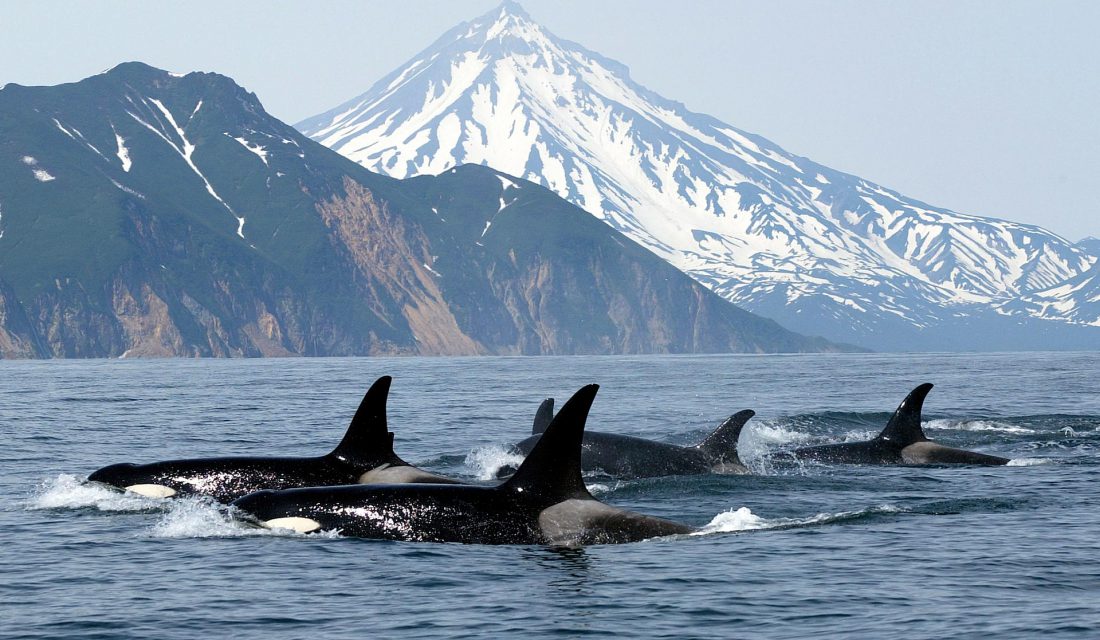
There used to be parts of the Arctic Ocean that Killer Whales didn’t normally access. You see, Killer Whales tend to avoid ice. Their dorsal fin makes it difficult for them to swim through icy waters. However, with sea ice melting, more Killer Whales are not only venturing further north, they’re also spending more time there. But the welcome mat isn’t necessarily being rolled out. There are prey species that used to depend on sea ice to keep Killer Whales at bay – species like Bowhead Whales, Gray Whales, and seals – species that are now more vulnerable to Killer Whale predation. And we can’t forget about Narwhals. A study shows that Killer Whales are changing the behaviour and distribution of Narwhals, forcing them closer to shore to avoid predation and further away from the fish they rely on.
Meet Your New Neighbour – the Polar Bear
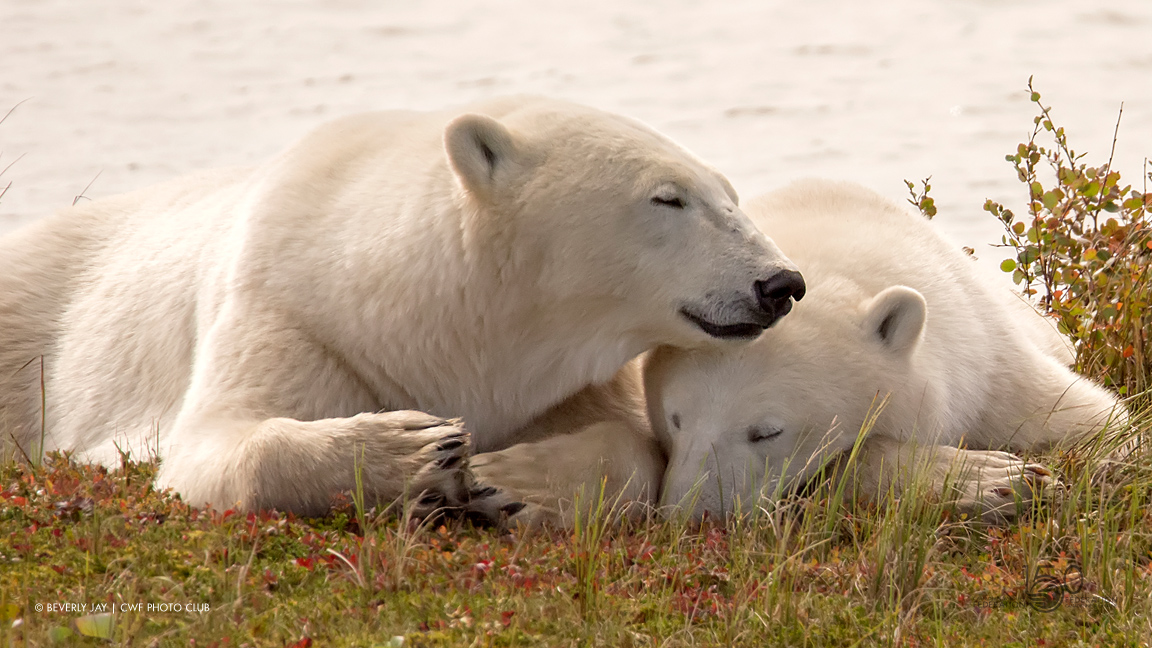
What happens when Polar Bears move south as Arctic sea ice thins and Grizzly Bears move north? You get something called a pizzly bear or a grolar – the result of a grizzly and a polar bear mating. While the first hybrid was seen in 2006 in the Northwest Territories, sightings have been increasing. The question that remains is will the fertile hybrids become more dominant and if so, what impact will this have on already vulnerable Polar Bear populations?
Meet Your New Neighbour – the bass
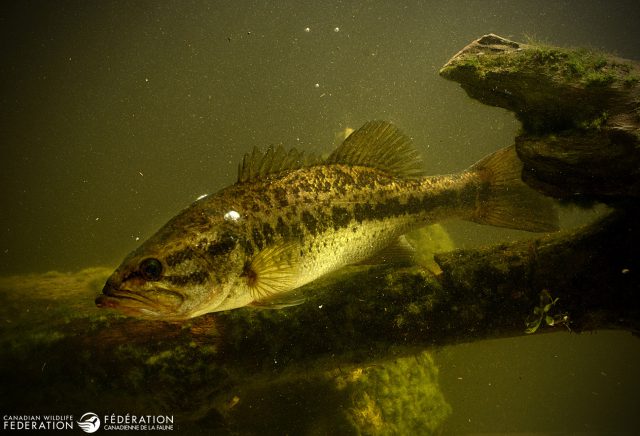
Bass are taking advantage of warmer water temperatures in northern Ontario. Largemouth Bass, Smallmouth Bass and Rock Bass, typically southern Ontario species, are moving north into what were once uninhabitable lakes. And they’re not alone. According to this article, Brown Bullheads, Bluegill and Pumpkinseed Sunfish are joining them. What happens when these species expand their range? Data is showing that bass are wreaking havoc on populations of Fathead Minnows and Redbelly Dace. Brook Trout are having a hard time competing with Smallmouth Bass once this intruder becomes established.
Meet Your New Neighbour – the Red-bellied Woodpecker
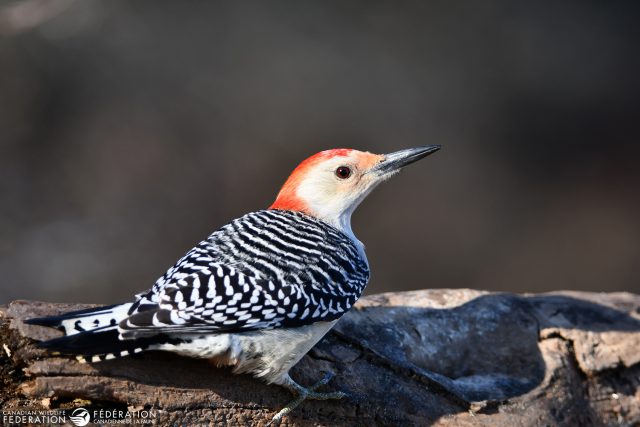
Birds are also undergoing range shifts with climate change cited as one of the reasons for the movement. One of these species is the Red-bellied Woodpecker. Originally found in southeastern and central United States, they can now be found in southern Ontario. There is some concern that they could displace not only other species of woodpeckers but other birds as well as they compete for food and habitat.
Meet Your New Neighbour – the shrub
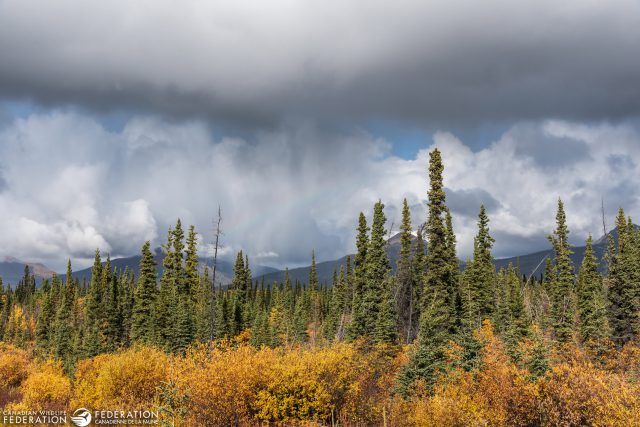
And we can’t forget about plants. Yukon’s arctic tundra region is now seeing an encroachment of shrubs, a phenomenon that has its own verb – shrubification. This is providing habitat not only for species from southern Canada moving north but also for northern species now able to access areas they normally couldn’t before.
Meet Your New Neighbour – the Moose and Beaver
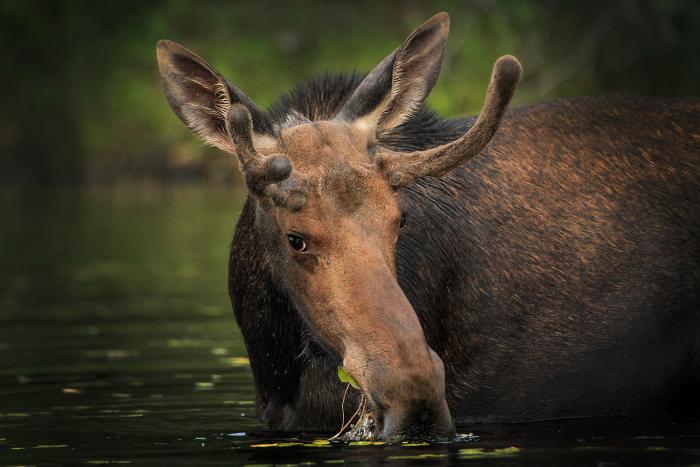
Moose are now found in the Yukon’s north slope region, a species that wasn’t there in the 1990s. Beavers, an animal you wouldn’t expect in the treeless tundra, are now found there. While there are many species that will benefit from the encroachment of woody vegetation, other species may not fare so well. As beavers dam rivers, streams will be blocked that could prevent fish from reaching their spawning grounds. We’ll have to wait and see what other impacts may come as a result of the establishment of this new neighbour.
While the direct impact on ecosystems may not be fully understood as species shift their ranges in response to a changing climate, there is one thing most can agree on – there will be winners and losers. Some will be able to adapt to the changes, some will even thrive, but others won’t adjust so easily, some may even disappear.

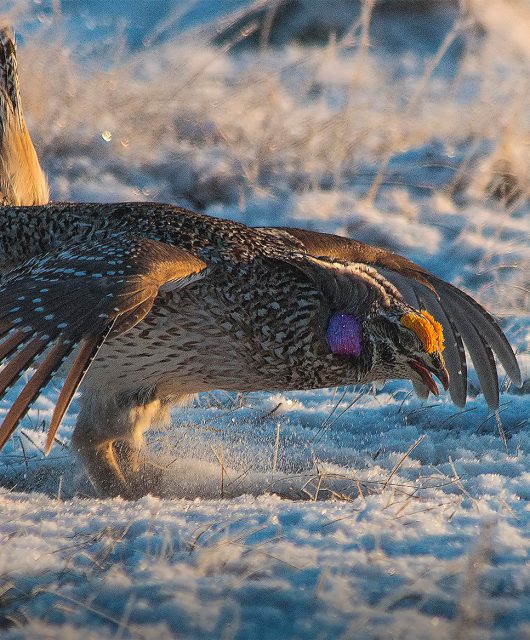
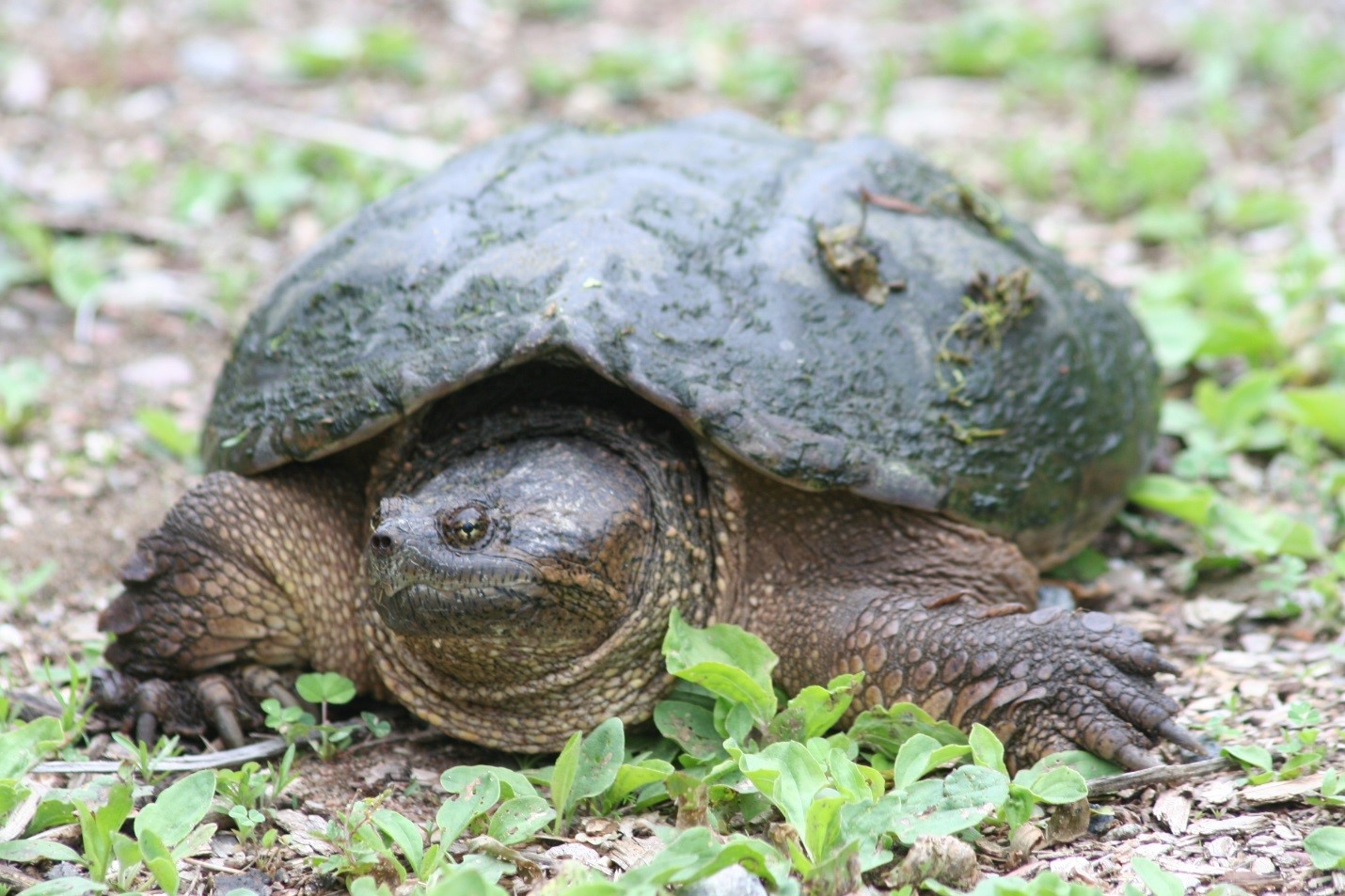
2 comments
We live in very scary times. Unfortunately, making money no matter how, is more important than anything else. It’s going to be difficult to change the direction we are headed because the ones who can change things the most don’t want to because they are too greedy.
One way that the 99% can change the direction we are headed because of greed of the 1% is to get out and vote at ALL levels, perhaps most importantly, at the municipal level where many mayors and councillors make decisions based solely on the financial ‘benefits’ to be made.